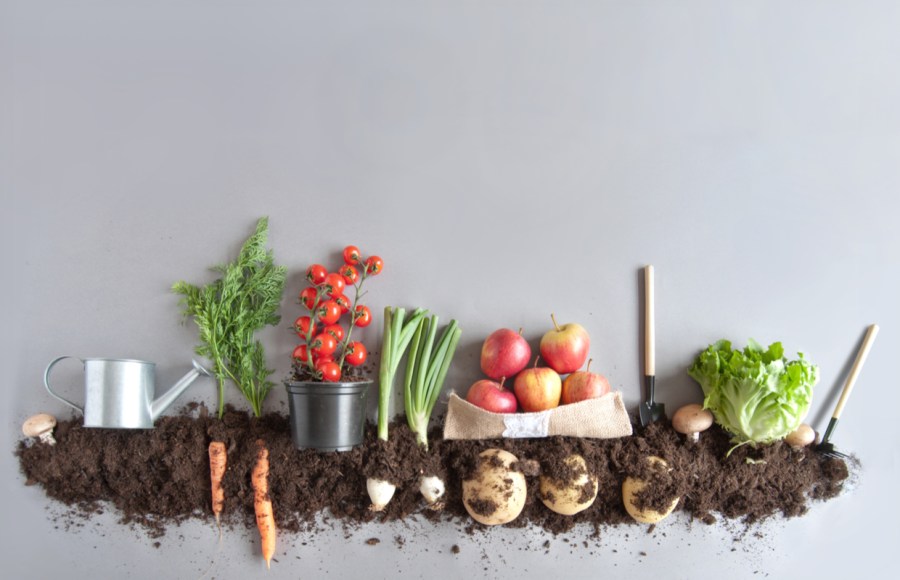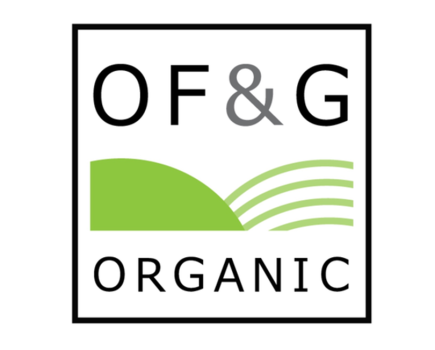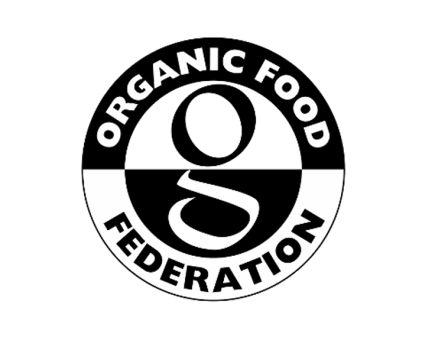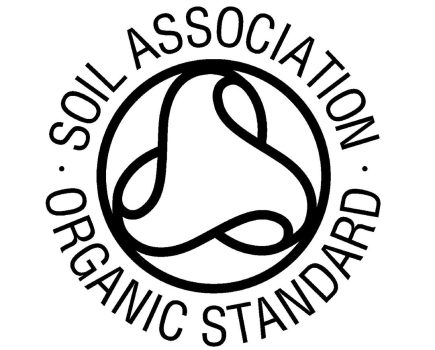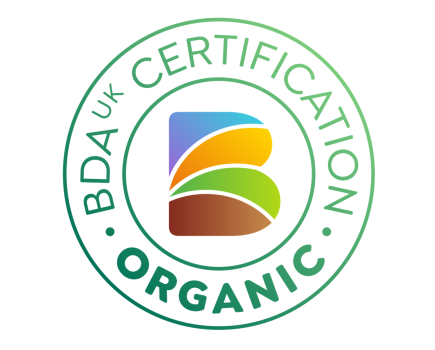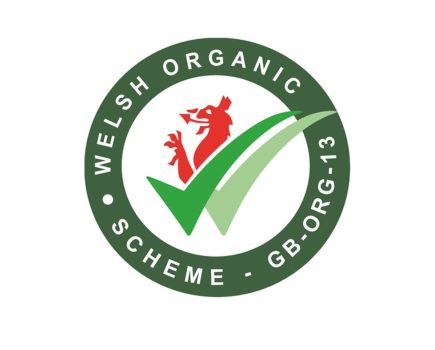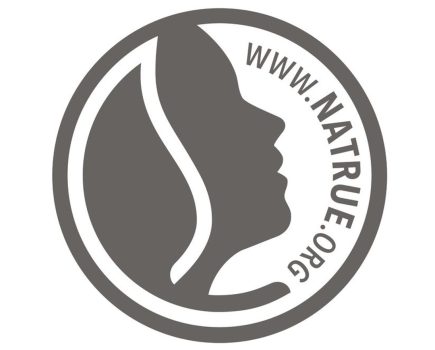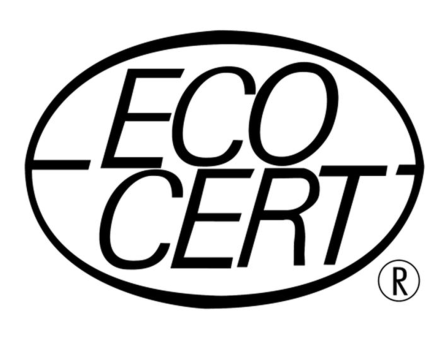This month is Organic September! If you’re considering making some organic swaps in your life, read on to discover what makes a product organic, whether organic products really are better for you and the planet, plus some information on whether that price hike is worth it…
What is Organic September?
Organic September is a month-long organic lifestyle campaign, created by Soil Association Certification in collaboration with the Organic Trade Board.
The campaign hopes to raise awareness around the benefits of organic products, for individuals and the environment.
How to get involved with Organic September 2024:
Click here to download a FREE Organic September Digital Toolkit from the Soil Association. It features everything you’ll need to get involved with the conversation across social media, email, and more!
Another way to get involved with the campaign is to support organic farming by swapping to organic produce. Below, we take a closer look at what makes a product organic, before assessing whether it’s worth making the swap…
What makes products organic?
Unlike common descriptors like ‘natural’ or ‘green’, organic is a protected term that companies can only use on a certified organic product. The Soil Association explains that getting organic certification is not easy, as 95% of a product’s ingredients must come from an organic source.
The ingredients that go into organic products must be grown in conditions that use fewer or no pesticides, no artificial fertilizers, no genetic modification, no routine use of antibiotics and no artificial colours or preservatives. If animal products are involved, the animals should be looked after to the highest welfare standards.
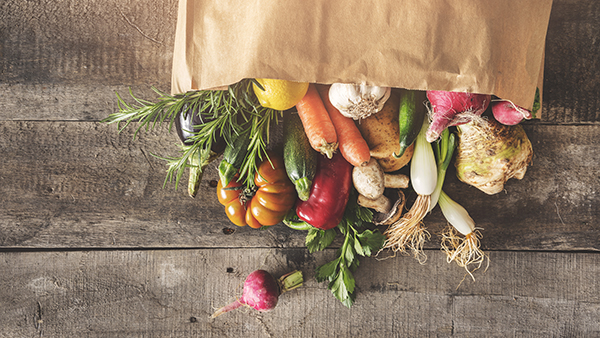
How to know if products are organic:
When searching for organic food or beauty products in the UK, look out for these official organic certifiers…
In addition to one of the above certifications, you might also see ‘COSMOS APPROVED’ on an organic cosmetic product. This means the product meets the criteria set by COSMOS regarding the ingredients used in a product, along with where the company sourced the ingredients from and how it processed them.
Are organic products better for me?
If you’ve never bought organic food before, you may be wondering if it’s really worth making the swap. Well, according to Dr Jess Braid, co-founder of online health organisation, Adio: ‘Organic food is up to 60% higher in antioxidants than its non-organic counterparts.
‘It’s also four times lower in toxic pesticides and much lower in cadmium. This is a toxic heavy metal associated with kidney disease, osteoporosis, diabetes, heart disease and cancer.’ Sounds like it could be worth it to us!
If you have sensitive skin, it could also be worth swapping to organic beauty products. Imelda Burke, founder of organic beauty brand Content Beauty, explains: ‘With organic skincare, you are getting the ingredients that are as close to nature as possible and avoiding ingredients that may cause issues for those with hyper-sensitive skin.’
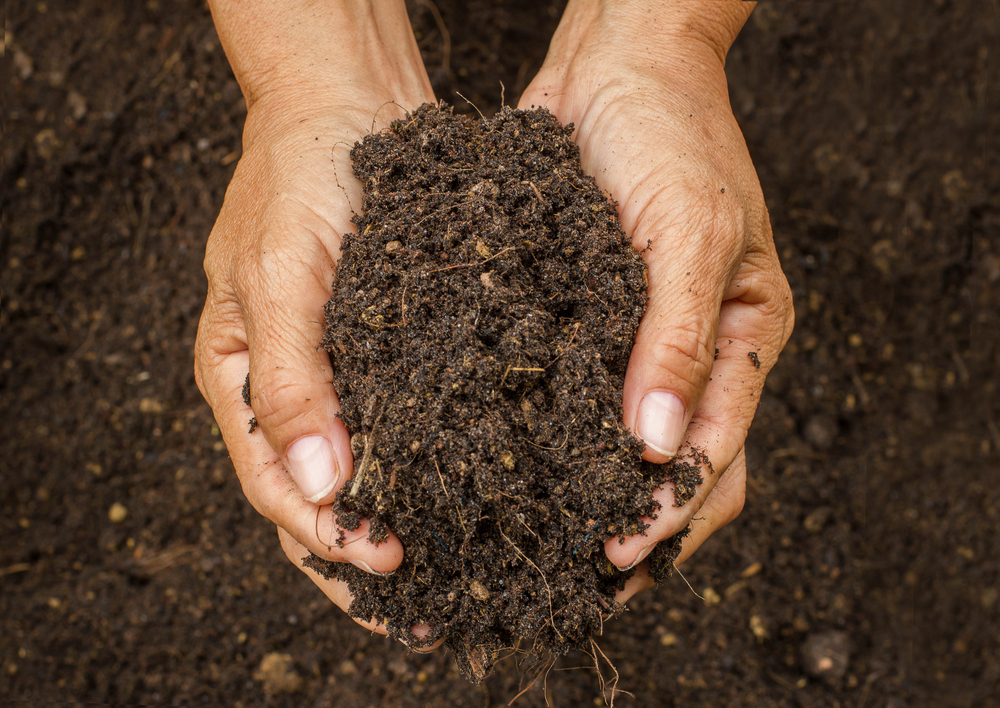
Are organic products better for the environment?
Organic produce is also better for the environment too: the Soil Assocation reveals that organic farms tend to use less energy and produce less carbon emissions. Plus, organic farms are home to 30% more wildlife and 75% more bees than conventional farms!
This increase in wildlife is largely due to the fact that organic farmers use fewer pesticides. If an organic farm does use any pesticides, an organic certifier will closely monitor and restrict this usage.
Instead, the Soil Association explains that organic farmers rely on a whole ecosystem to keep pests under control. For example, animals like beetles and birds feed on pests such as aphids and slugs. When farms use fewer pesticides, biodiversity can restore and wildlife can flourish.
Is organic food actually more expensive?
If the potential price hike is holding you back, research from NetVoucherCodes has revealed that while some organic foods see a massive 227% price increase, others only have a 1% price increase.
The research showed that the organic foods with the lowest price increase included mushrooms, milk, onions and houmous. In contrast, the organic foods with the highest price increase included baked beans, bell peppers, and, unsurprisingly, a whole chicken.
A spokesperson for NetVoucherCodes explains: ‘As our research shows, you can make better decisions on the food you buy and eat without spending a fortune. If you swap just three or four items for their organic alternatives in your grocery shop each week, it could cost you as little as 93p more.’ Happy shopping!
Stuck on what to cook for dinner? Click here for some quick, easy and healthy recipe ideas…

